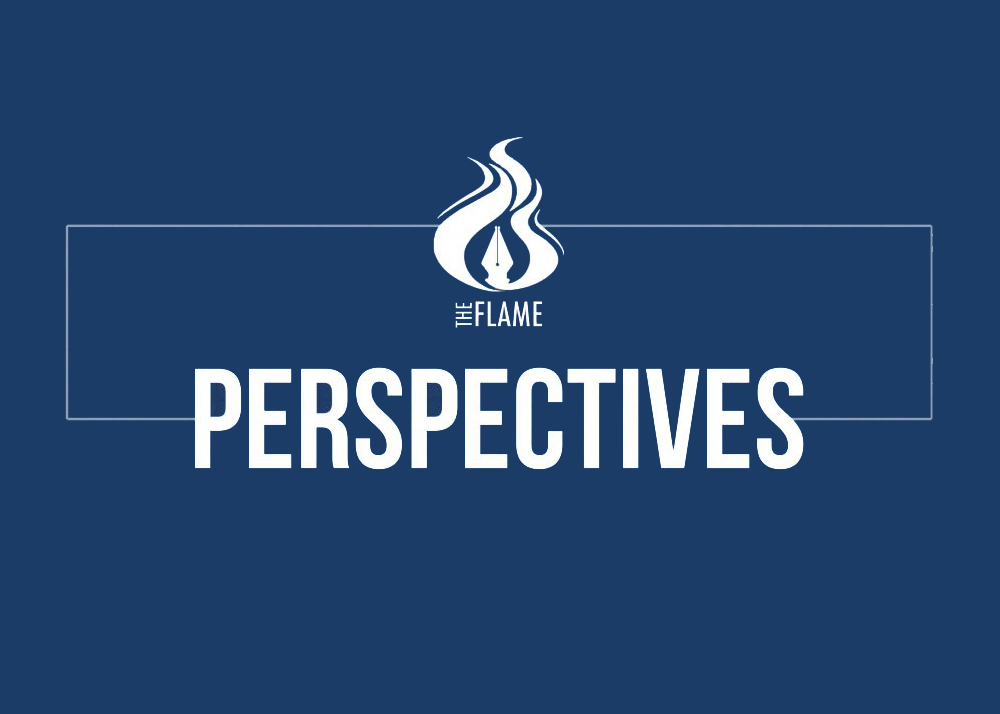By Theriz Lizel R. Silvano
When the Coronavirus (COVID-19) vaccines first arrived in our borders last February, I remember releasing a long sigh of relief. I consider vaccines a great achievement, a beacon of hope in a time of uncertainty. I had only read little information about the vaccines during that time, but I had already firmly and confidently decided to get vaccinated.
Little did I know, my best friend had the opposite view. She and I have the same political and social beliefs and morals. Our sense of humor is alike, and we accept each other’s emotional capacity. We also have the same perspectives in almost everything, except for one crucial thing: getting vaccinated for COVID-19.
Her refusal to get vaccinated shocked me. Needless to say, I want her to have extra protection against the deadly virus as I treat her as part of my family, and I am concerned about her health and safety.
I asked her the reason for her sharp disapproval of the vaccines, and she said that she had doubts about their efficacy. After I had expressed silent dismay, what followed was a long discourse about vaccines.
I expressed my relief for the development of COVID-19 vaccines and even sent her information on how it can prevent severe symptoms and death. We never fought about it, but I felt the agonizing tension between us as we talked. Sooner or later, I acknowledged her views, and she thanked me for showing concern and sharing information.
After the conversation, I felt nothing but regret. A persistent voice in my mind whispered, ‘you should have changed her mind,’ and ‘maybe your persuasion skills aren’t that great.’ Luckily the voice grew silent.
I looked back on our different environmental conditions. She lives in the Bicol region while I’m staying in Rizal. In her area, she heard stories from left to right; her fellow neighbors had contracted COVID-19 and were cured through herbal medicines. Nearby residents in her area also expressed their disappointment in the lack of vaccine supply, and health news sites released statements that vaccines do not cure and eliminate the disease. The vaccines simply lower the risks of having extreme aftereffects.
But vaccines work, regardless of the brand. Last July, Anne Gabriel-Chan, an infectious diseases specialist, compared her fully vaccinated and unvaccinated COVID-19 patients. In her Facebook post, the chest x-ray photo of the unvaccinated patient showed lung inflammation and blockage. As expected, fully-vaccinated patients are protected from having severe symptoms than those who are unvaccinated.
To conclude, I am confident that my best friend and I had a calm yet passionate conversation; we shared views and facts and listened to each other. But since she is well aware that I am a bit stubborn, she expects me to reach out to her again to talk about it.
Because as part of the ‘Gen Z’ group, I know how to raise my views that may concern others’ well-being.
Perhaps it is alright to say that the youth have learned to uplift one another. Pieces of advice were given and virtual hugs and comfort were, well, virtually felt. As to what I have observed, today’s youth have shown unity and expression to the matters that concern their lives.
The youth is unstoppable. As for me, you can predict that I will continue to talk to and persuade my best friend to get vaccinated because her health and well-being are at stake. F
Editor’s Note: This column was originally published in Vol. 57, Issue No. 1 of The Flame. View the entire issue through this link.




